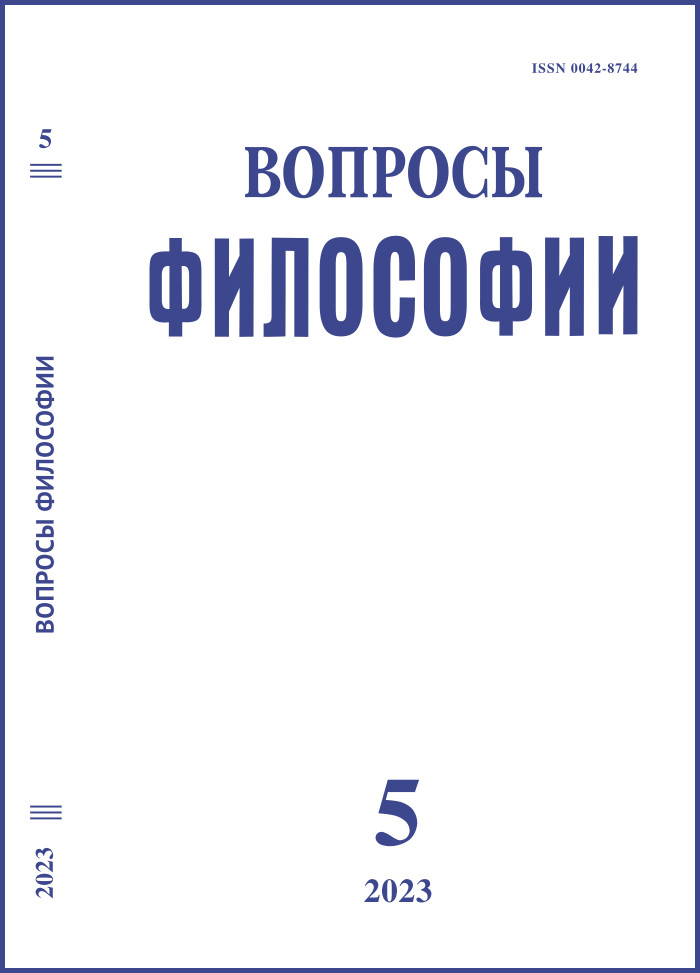“Tales of the Titans” as a Realization of Yа.E. Golosovker’s Philosophical Project
DOI:
https://doi.org/10.21146/0042-8744-2023-5-151-161Keywords:
Golosovker, imagination, myths, titans, ratio, formal logic.Abstract
The article is devoted to the artistic work of Ya.E. Golosovker “Tales of the Titans”, first published in Detgiz in 1955, and considered as a realization of the thinker’s philosophical project. The author of the article pays special attention to the “scaffolding” – key philosophical attitudes of the imaginative absolute concept. It allows to understand why Golosovker refers to Greek mythology. Based on the text of the “Tales”, author suggests considering two strategies for developing imaginative logic: negative and positive. The negative one relates to the denial of formal logic and the struggle against ratio. Author shows how the violation of formal logic principles is implemented in Golosovker’s text. The positive strategy is addressed to the new cultural and philosophical method called “curve of meaning”. Possible problems associated with its use are identified, however author emphasizes its potential relevance for humanitarian research. The author of the article attempts to apply this philosophical method to the artistic work of the thinker, as a result a few “meaning-images” (Golosovker’s neologism) were identified: immortality, madness, power, etc. The text of “Tales” appears as an example of “philosophy-as-art” and as the realization of cognition by imagination. The conducted research opens prospects for further study of Golosovker’s philosophical heritage, which has not yet fully taken its place in the history of Russian thought.

